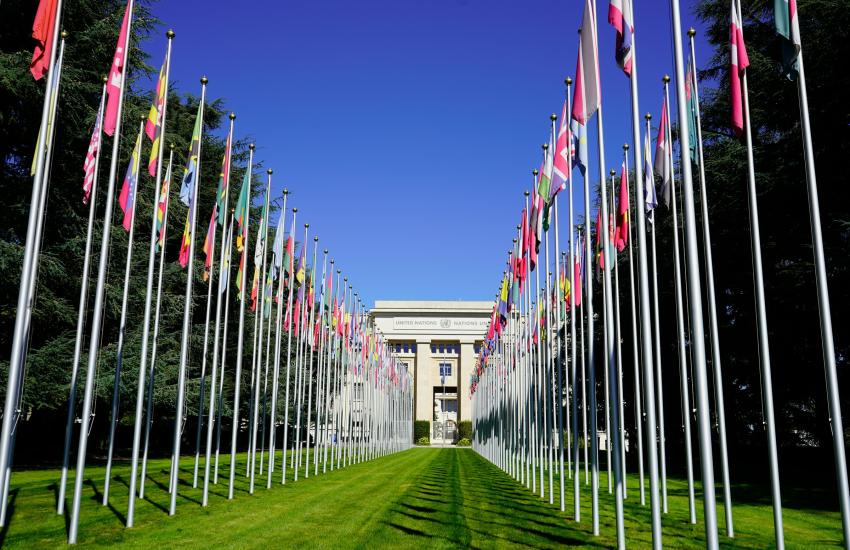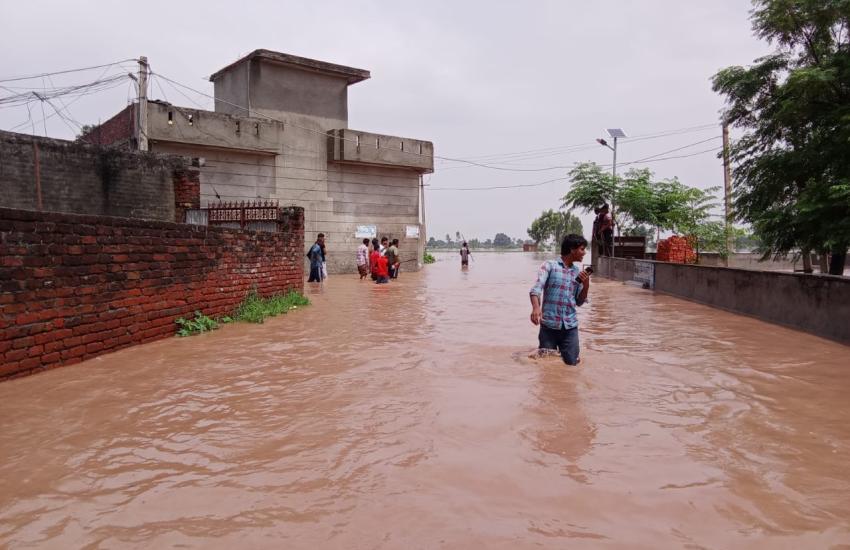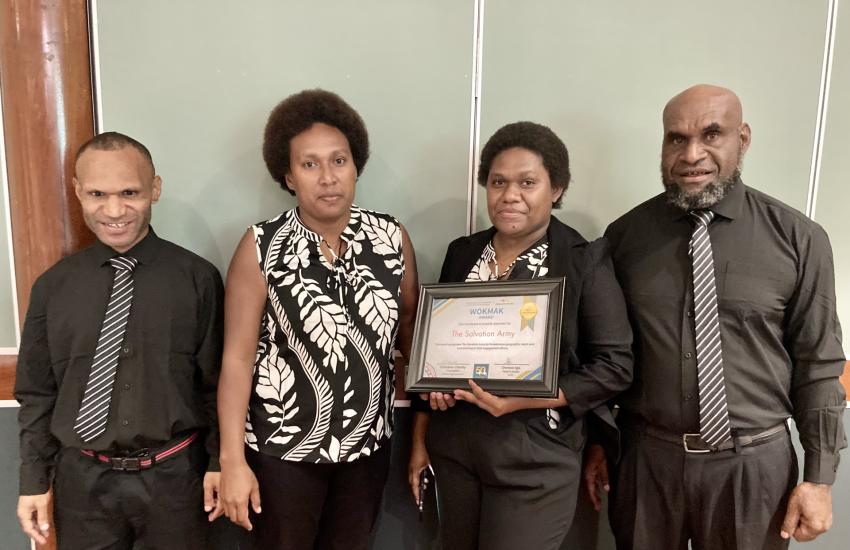At the presentation in the European Parliament, Salvation Army personnel shared experiences from the European Union-funded multinational project Safe Havens, speaking about their daily work with victims of trafficking. The project is led by The Netherlands and includes also Salvation Army programmes in Sweden, Moldova, Ukraine and Romania. The Salvation Army has a long tradition of meeting human needs and preventing trafficking in all forms, providing support and protection to the exposed and reintegrating them into society. In Europe, it works across the entire human trafficking chain, from preventing recruitment in countries of origin to working with rescued victims in destination countries.
‘Over the past three years,’ explains Madeleine Sundell, a human rights lawyer and National Coordinator for Anti-Human Trafficking in The Salvation Army’s Sweden and Latvia Territory, ‘we have gathered and strengthened the Salvation Army’s capacity to prevent and counteract human trafficking through the EU project Safe Havens. We have been able to scale up the preventative efforts in eastern and central Europe, where we work for example with education and job verification services. In western Europe, we have primarily developed new methods to work with protection and support for particularly vulnerable risk groups.’
The Salvation Army’s presentations in Brussels also showcased a unique three-year pan-European campaign against human trafficking. The campaign will start to run across Europe in early 2019, under the heading ‘Cheap Prices Come at a High Cost’. It will seek to increase awareness and reduce both supply and demand for services that can be linked to human trafficking.
Adverts in traditional and social media in supply countries will warn potential victims and their relatives about the risk of falling for job offers that are too good to be true. In wealthier countries at the other end of the chain, the public will be alerted to consider why a service may be unreasonably cheap, exposing the true costs for modern-day slaves.
The event was given a Salvation Army flavour with music provided by a brass band made up of Salvationists from Belgium.
From a report by Lars Beijer






